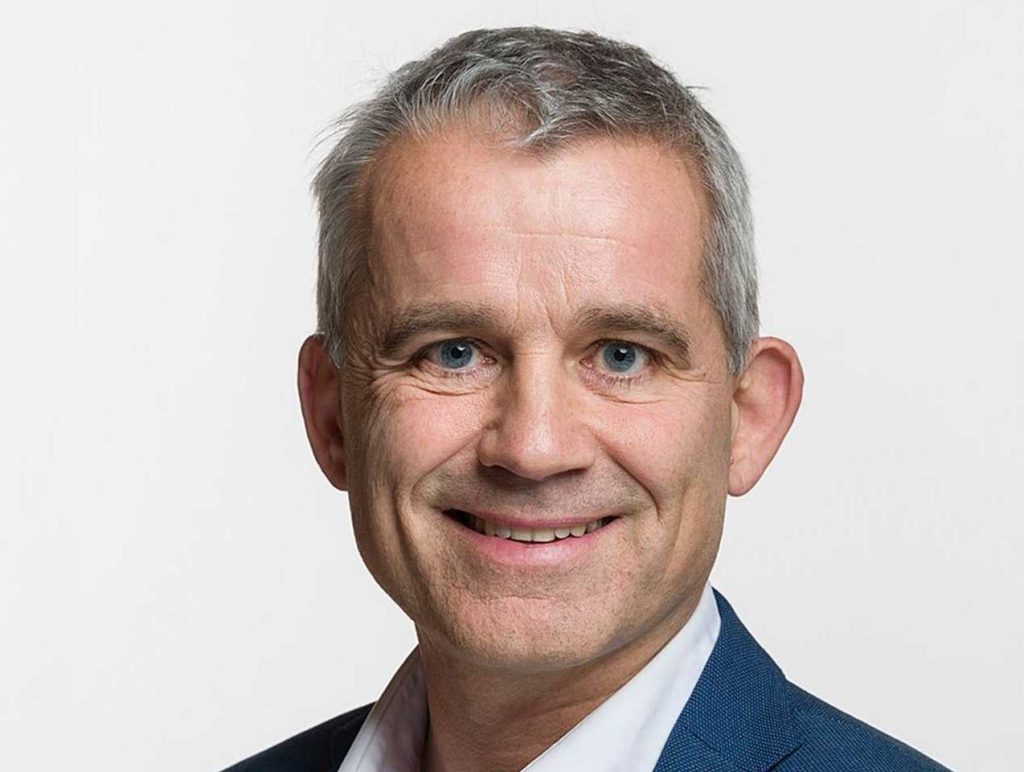The Federal Assembly has elected the Federal Council for the next four years. The six outgoing members of the Federal Council were re-elected. Beat Jans replaces Alain Berset.
Why did Jon Pult receive so few votes?
Pascal Sciarini: The low number of votes for Jon Pult can be explained mechanically by the high number of votes for Daniel Jositsch. Part of the right – probably the Swiss People’s Party – did not do what they said they would, i.e. vote for one of the two official candidates. While Jon Pult may have been considered too far left or too pro-European, Jositsch’s more centrist social democratic profile was more acceptable to the right. Furthermore, his lack of reaction after the first ballot enabled him to continue to win votes in the second and third ballots.
To what extent did the fact that Beat Jans comes from Basel, a canton that has not been represented in the Federal Council for a long time, play in his favour?
The fact that Basel, Switzerland’s third-largest economic centre along with Zurich and the Geneva region, has not been represented in the Federal Council for decades was a factor in the election of Beat Jans, as was the fact that he is also an urban candidate who can represent Switzerland’s cities in the Executive. In practical terms, Beat Jans will not be able to make policy for urban regions only or for a particular canton. Moreover, the rules of collegiality and the fact that he was elected by parties other than his own place him above the fray, which means that, once in the Federal Council, he will have to detach himself in part from his socialist label as well as from his Basel/urban “origin”.
How can we explain the recent trend of bourgeois parties moving away from the official candidates put forward by the Social Democratic Party?
In my opinion, the “gesticulations” were a show of strength by part of the Swiss People’s Party. However, this is nothing new: in 1983, Otto Stich was preferred to Lilian Uchtenhagen and in 1993, Christiane Brunner’s candidacy was rejected by the right. It was following these two events that the (informal) practice of the ticket became established. Nevertheless, it cannot be ruled out that this practice will be abused more frequently in the future – regardless of whether the candidates are nominated by the left or the right.
Do you think that this tendency to support “outsider” candidates will increase in the future? Will this include left-wing parties that don’t stick to the tickets of bourgeois parties?
I think that the political gesticulations and the media hype that accompany them are a little exaggerated and artificial: at the end of the day, we’re only talking about the allocation of one seat out of the seven of the Federal Council, without addressing the fundamental questions about the death of political consensus and the frustration aroused by arithmetical concordance. Is the current system sustainable for much longer? At what point will the level of tension – particularly between the Swiss People’s Party and the Social Democratic Party – become so unbearable that it will be impossible for these parties to govern together? The desire of these parties to “impose” other, more moderate candidates than those put forward by the opposing camp illustrates, in my view, the more fundamental need to consider, in the long term, a “coherent” Federal Council, i.e. a centre-right majority without the Social Democratic Party or, possibly in the future, a government without the Swiss People’s Party. But for the time being this is just a figment of the imagination.
While Ignazio Cassis’ seat was bound to be challenged by the Greens, the slightly higher score obtained by his party colleague Karin Keller-Sutter suggests that her seat was not as secure as expected. What is your perspective on this?
The Greens had announced that they would attack Ignazio Cassis’ seat. Frustrated by their poor performance with the candidacy of Gerhard Andrey, they obviously went for the seat of Karin Keller-Sutter, without having any chance of obtaining it. This is quite common in this type of election: if a candidate is poorly elected, his or her “aggrieved” party rejects the candidates put forward by the opposing parties, and so on. In the end, as long as these dynamics do not call into question the election of the candidate and his or her legitimacy before Parliament, these are things that are quickly forgotten. In spite of everything, the manoeuvres observed yesterday show that even a simple arithmetical definition of concordance is becoming difficult for the government parties to respect.
Do you see the appointment of Viktor Rossi from the ranks of the Green Liberal Party to the Head of the Federal Chancellery as an attempt by the Federal Assembly to counterbalance the polarised nature of the Federal Council?
I don’t think it was a question of counterbalancing the polarisation of the Federal Council, but rather of blocking the way to the two candidates put forward by the Swiss People’s Party, which already has two seats on the Federal Council. Another hypothesis would be that the ecologist camp in the broad sense has been consoled by granting them the Chancellery. In any case, it should be noted that the political colour of the Head of the Federal Chancellery has little impact on the affairs of the Government, as his duty to act in a reserved manner is extremely strict.
Pascal Sciarini is Professor of Swiss and Comparative Politics in the Department of Political Science and International Relations at the University of Geneva and Dean of the Faculty of Social Sciences. His research focuses on legislative processes, direct democracy, the Europeanisation of Switzerland, the construction of opinion and electoral behaviour during votes and elections. He is the author of the book “Politique suisse. Institutions, acteurs, processus“, EPFL Press (2023). The book is open access.
image: www.parlament.ch






